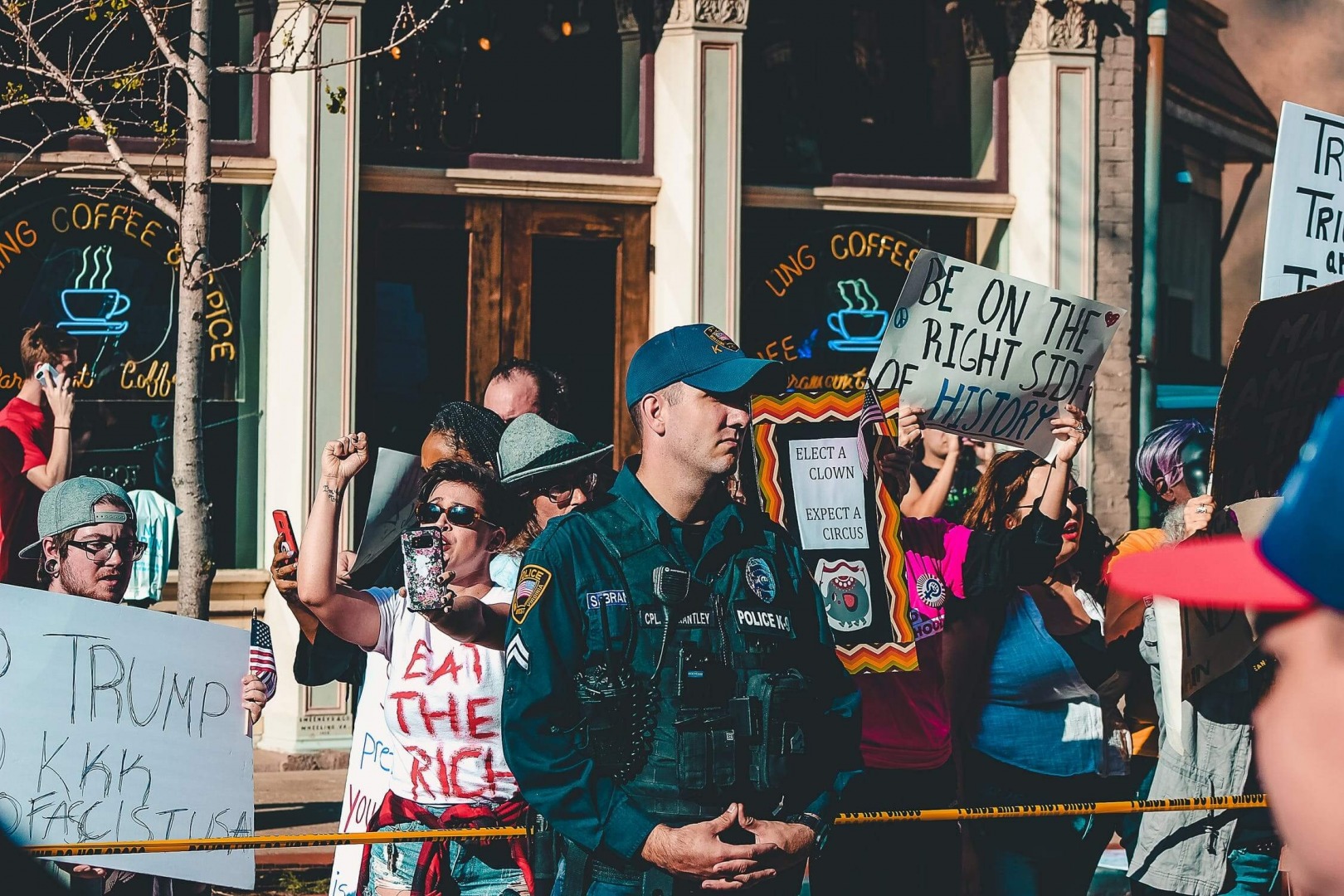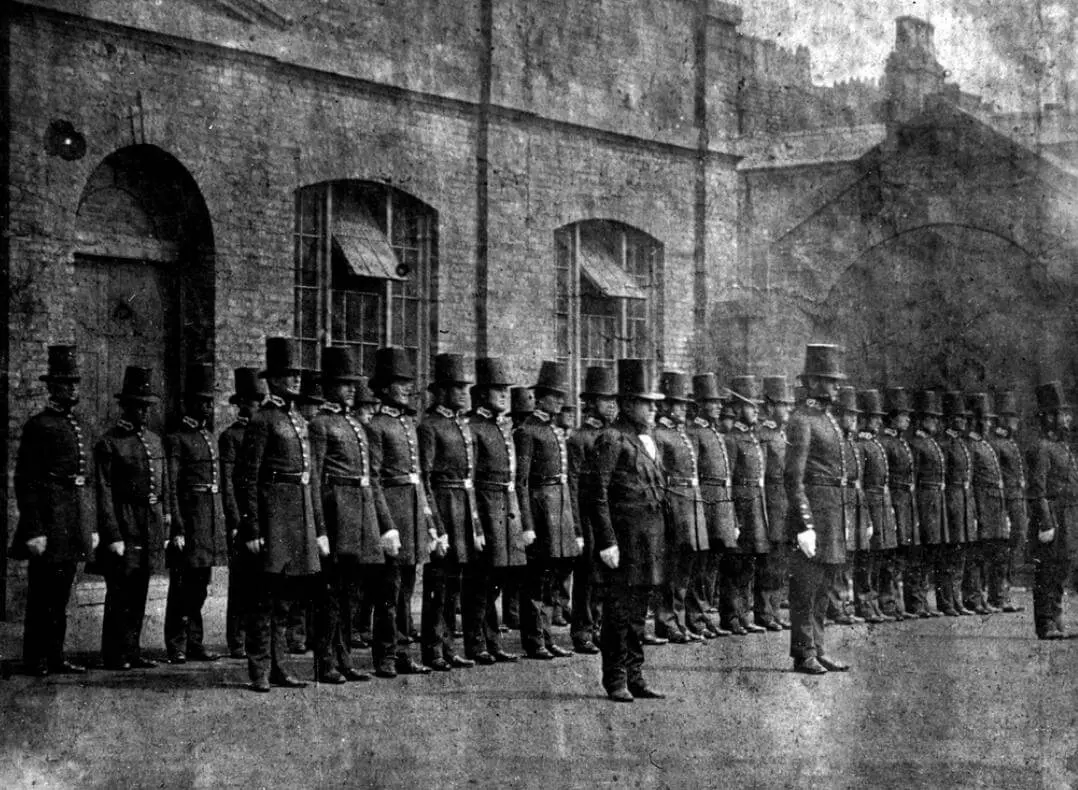Comments (4)
Jake Archer
It's time tor reform the police.
Aaron Max
The US has to regulate guns and bring change to the police.
Jerry Curtis
Very interesting !
George P
If only we had a different police.

In the early 19th century, various cities in Scotland and Ireland had established their own police forces.
Sir Robert Peel is typically credited with the lead role in bringing a police force to London via the passage of the Metropolitan Police Act of 1829. Indeed, the early London police were often called "peelers."

Either Peel or the early commissions of the London Police Force wrote down nine principles of policing, which have been fairly well-known since then to police everywhere. Here are "9 Policing Principles" are as listed at the website of the Law Enforcement Action Partnership.
I am fully aware that it's not 1829 anymore. But as one looks at the struggles of police forces across the country, it feels like time to restore and revivify the spirit behind a number of these principles.
It's time tor reform the police.
The US has to regulate guns and bring change to the police.
Very interesting !
If only we had a different police.
Timothy Taylor is an American economist. He is managing editor of the Journal of Economic Perspectives, a quarterly academic journal produced at Macalester College and published by the American Economic Association. Taylor received his Bachelor of Arts degree from Haverford College and a master's degree in economics from Stanford University. At Stanford, he was winner of the award for excellent teaching in a large class (more than 30 students) given by the Associated Students of Stanford University. At Minnesota, he was named a Distinguished Lecturer by the Department of Economics and voted Teacher of the Year by the master's degree students at the Hubert H. Humphrey Institute of Public Affairs. Taylor has been a guest speaker for groups of teachers of high school economics, visiting diplomats from eastern Europe, talk-radio shows, and community groups. From 1989 to 1997, Professor Taylor wrote an economics opinion column for the San Jose Mercury-News. He has published multiple lectures on economics through The Teaching Company. With Rudolph Penner and Isabel Sawhill, he is co-author of Updating America's Social Contract (2000), whose first chapter provided an early radical centrist perspective, "An Agenda for the Radical Middle". Taylor is also the author of The Instant Economist: Everything You Need to Know About How the Economy Works, published by the Penguin Group in 2012. The fourth edition of Taylor's Principles of Economics textbook was published by Textbook Media in 2017.
Leave your comments
Post comment as a guest